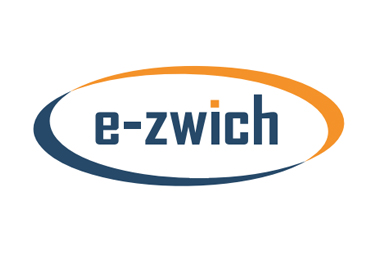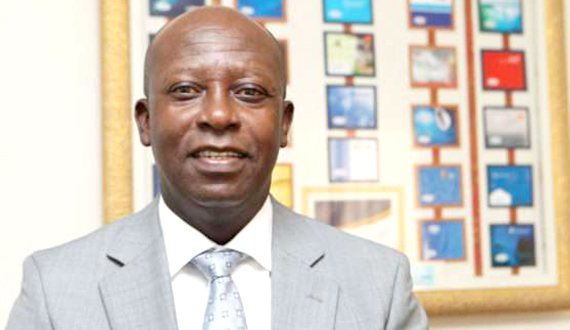About GH¢35m of remittances received on e-zwich cards

The total value of foreign remittances received directly on e-zwich cards amounted GH¢34.9 million between January and June this year, from 16,937 transactions. This is according to the Ghana Interbank Payment and Settlement Systems (GhIPSS).
Last year, GhIPSS made it possible for foreign remittance agencies to be able to send funds directly onto e-zwich cards of intended beneficiaries in order to save them the trouble of going to banking halls to receive them.
Receiving remittances on e-zwich cards gives recipients the flexibility to decide when to use the money and what amount to spend since the funds are held on the card. It also creates convenience for the recipients because they have variety of channels to access funds on the card including e-zwich compliant ATMs, e-zwich agents as well as rural and community banks among others.
Archie Hesse, Chief Executive of GhIPSS said in an interview that remittance to e-zwich card has made life easy for many people who live outside the major cities and towns. People in rural communities, he explained are compelled to travel long distances to cities and towns just to receive their remitted funds but they are now able to receive them on the cards and access them from rural and community banks and e-zwich agents at their own convenience.
Mr. Hesse added that with the introduction of e-zwich agents throughout the country, “the place to access a foreign remitted fund is probably a block away”.
The GhIPSS CEO urged the various remittance agencies to get on board in order to allow their customers the choice to receive their funds on their e-zwich cards instead of restricting them to banking halls.
Meanwhile it is also possible for remittances to be sent directly to the bank accounts of recipients. This option also enabled by GhIPSS, has given the public a variety of avenues to receive remittances besides the traditional format of queuing at banking halls.
The two initiatives are relatively new, and so far, only three companies, Unity Link, MoneyLine UK and ATLPay are offering remittance to bank account while Unity Link is the only firm currently offering both. The other agencies are at various stages of connecting to the platform.
Mr. Hesse urged the companies to hurry so they can give their customers the opportunity to enjoy these services.

